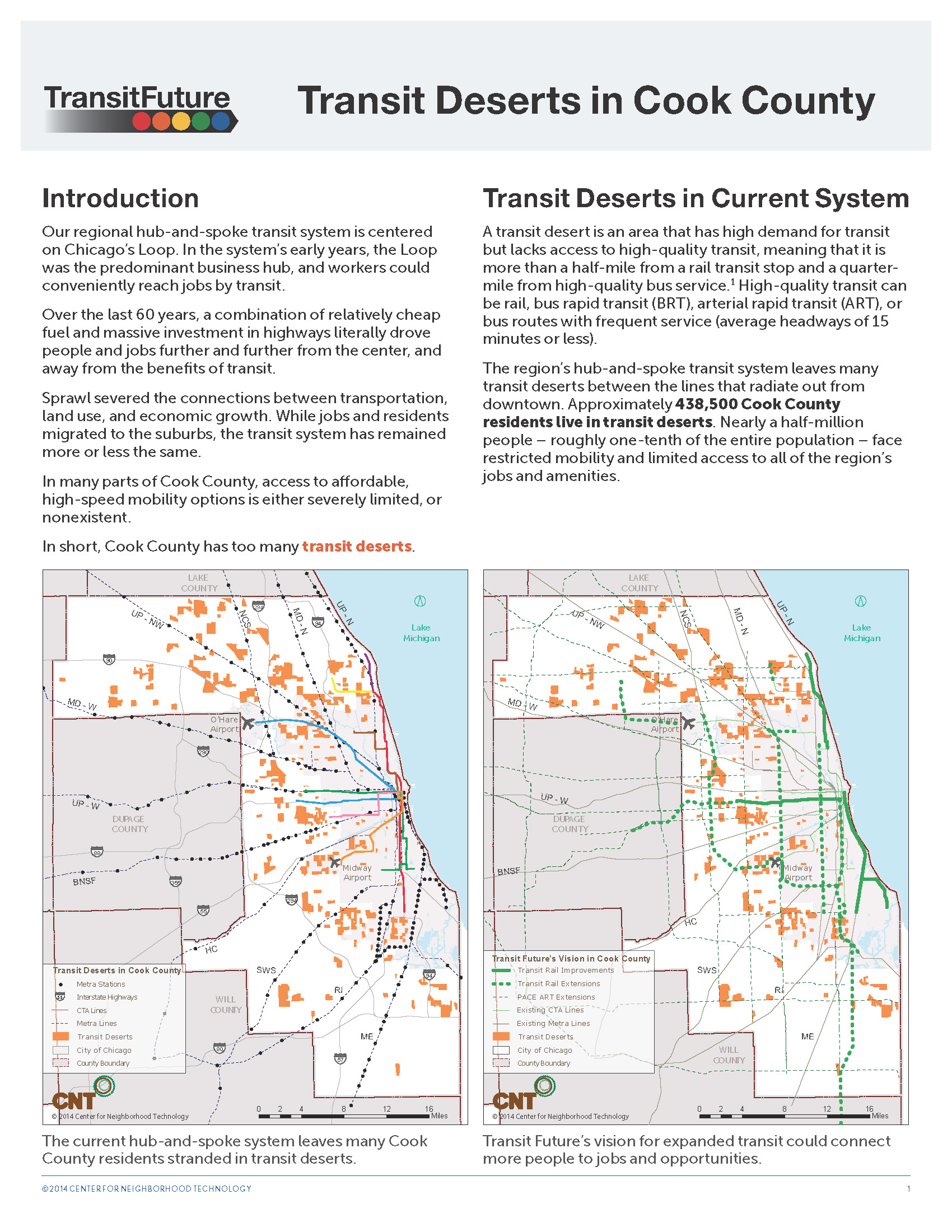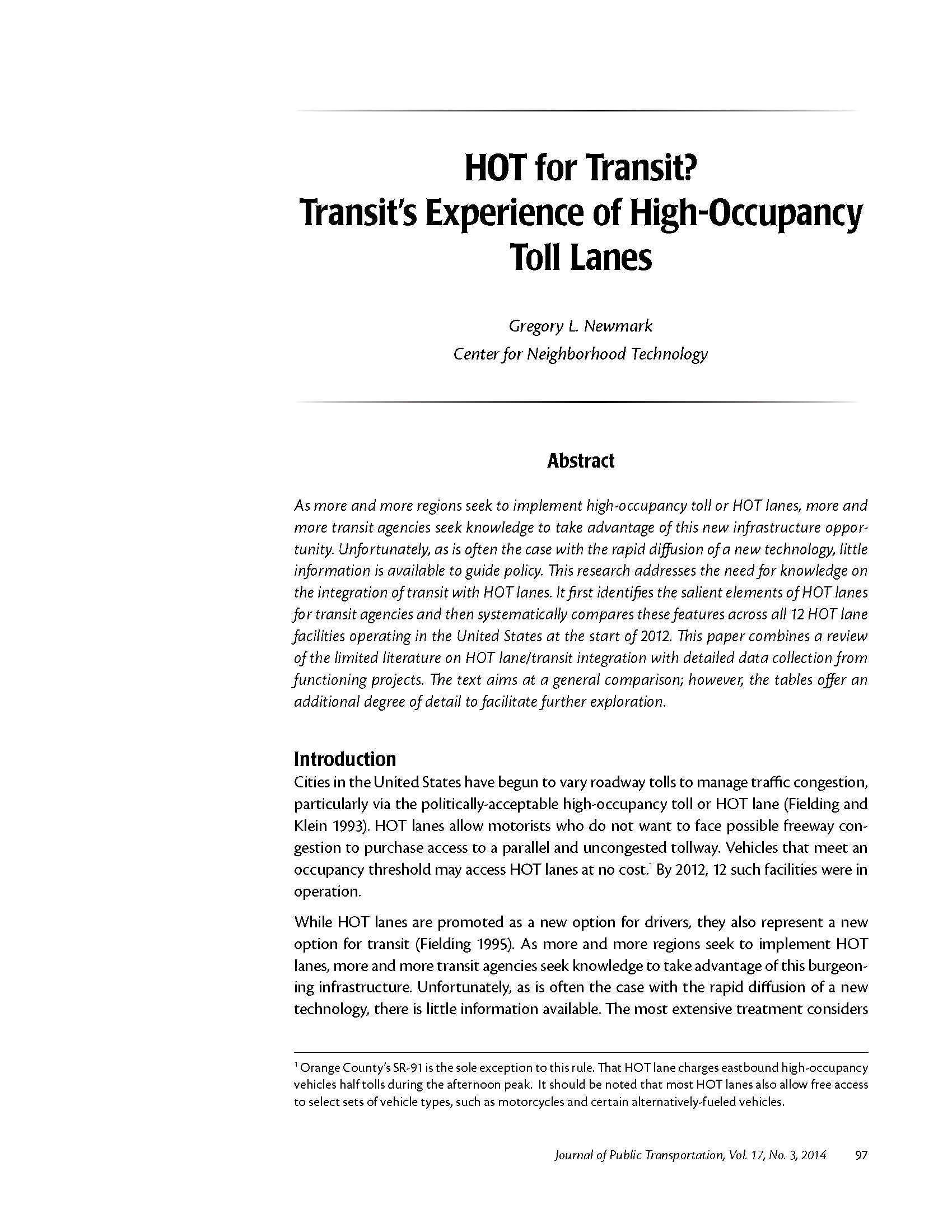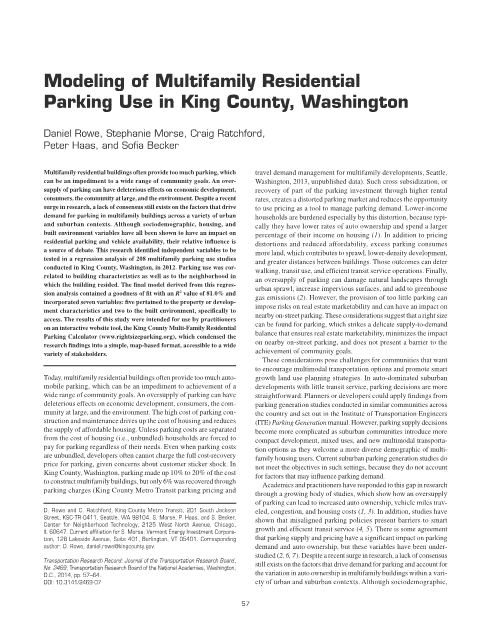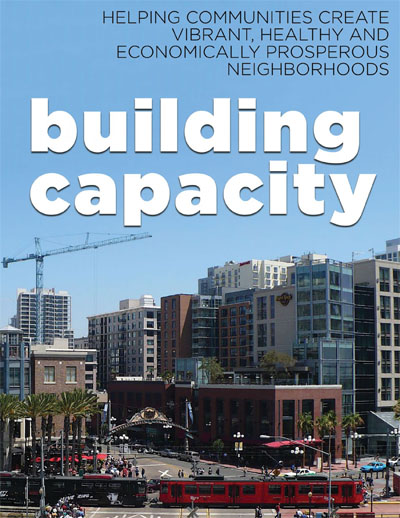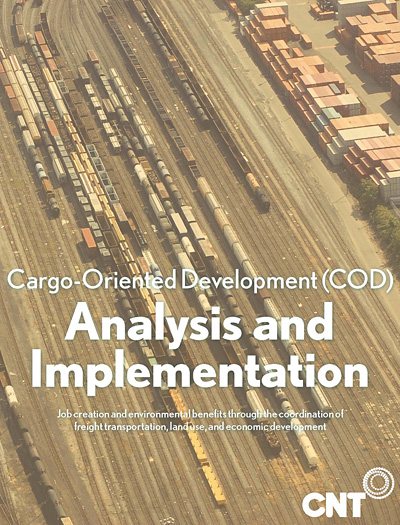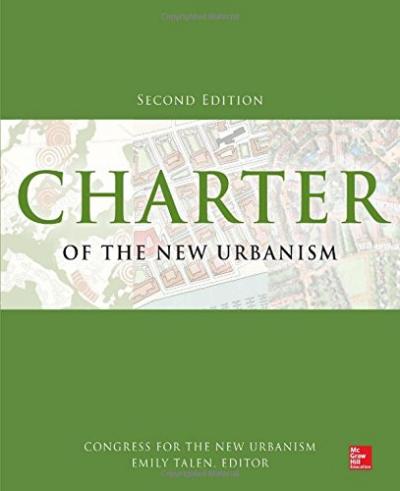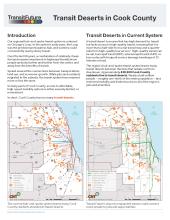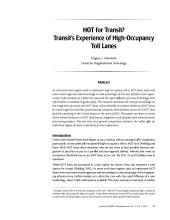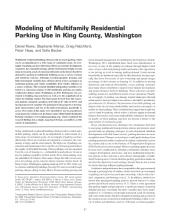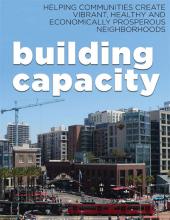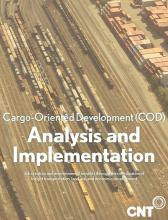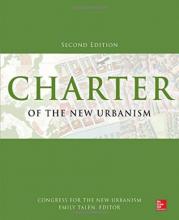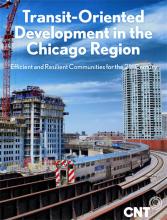The Chicago region's hub-and-spoke transit system leaves many people stranded in the gaps. About 10% of Cook County's residents live in transit deserts, leaving them with restricted mobility and limited access to all of the region's jobs and amenities.Read more
Our Work
Topic: Transportation
Displaying 81 - 90 of 130Tool
topics: Housing, Transportation
The National Transit-Oriented Development (TOD) Database is a tool that provides economic and demographic information for every existing and proposed fixed guideway transit station in the U.S.
Tool
topics: Data Analysis, Equitable Transit Oriented Development, Housing, Parking Utilization, Transportation
The GreenTRIP Parking Database helps planners and developers in the San Francisco Bay Area quantify parking usage and the costs of unused parking spaces.
Publication
topics: Equitable Transit Oriented Development, Housing, Transportation
The Chicago region's hub-and-spoke transit system leaves many people stranded in the gaps. About 10% of Cook County's residents live in transit deserts, leaving them with restricted mobility and limited access to all of the region's jobs and amenities.
Publication
topics: Equitable Transit Oriented Development, Transportation
The proliferation of new shared-ride transportation services provides a unique opportunity for transit agencies to reach new markets. Unfortunately, many transit agencies are wary of partnering with private companies. To address these concerns, this research analyzes the usage data from a unique...
Publication
topics: Equitable Transit Oriented Development, Policy, Transportation
As more and more regions seek to implement high-occupancy toll or HOT lanes, more and more transit agencies seek knowledge to take advantage of this new infrastructure opportunity. Unfortunately, as is often the case with the rapid diffusion of a new technology, little information is available to...
Publication
topics: Equitable Transit Oriented Development, Parking Utilization, Transportation
Multifamily residential buildings often provide too much parking, which can be an impediment to a wide range of community goals. An oversupply of parking can have deleterious effects on economic development, consumers, the community at large, and the environment. Despite a recent surge in research...
Publication
topics: Cargo-Oriented Development, Equitable Transit Oriented Development, Housing, Sustainable Economic Development, Transportation
The US Department of Housing and Urban Development (HUD)’s Sustainable Communities Initiative offered support for sustainable development projects in cities and regions across the country. Grantees received access to capacity-building resources, including CNT’s team of technical experts, to help...
Publication
topics: Cargo-Oriented Development, Sustainable Economic Development, Transportation
In a growing number of cases around the country, highlighted by the examples in this report, civic and economic development organizations and local governments are collaborating with private freight companies to realize the potential of COD for sustainable development. These collaborations will...
Publication
topics: Equitable Transit Oriented Development, Policy, Sustainable Economic Development, Transportation
This pioneering guide, the first edition of which was released in 1999, illustrates how the Congress for the New Urbanism works to change the practices and standards of urban design and development to support healthy regions and diverse, complete neighborhoods. CNT's Jacky Grimshaw contributed a...
Publication
topics: Equitable Transit Oriented Development, Transportation
In Transit-Oriented Development in the Chicago Region: Efficient and Resilient Communities for the 21st Century, CNT researchers evaluated the dynamics of the Chicago Region’s 367 fixed Metra and CTA rail stations and station areas between 2000 and 2010. Using the National TOD Database, a first-of-...



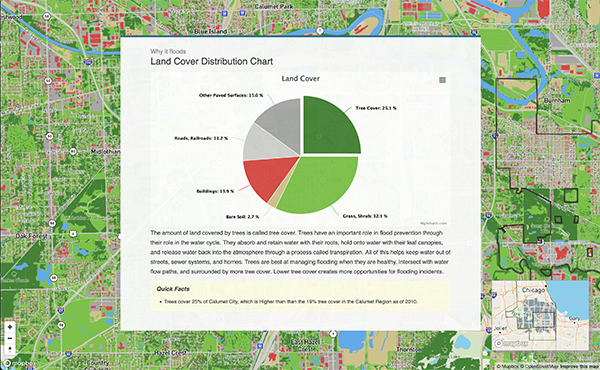
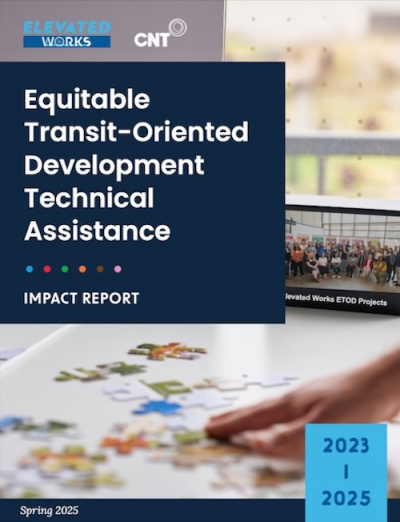
 Strengthening Transit Through Community Partnerships
Strengthening Transit Through Community Partnerships